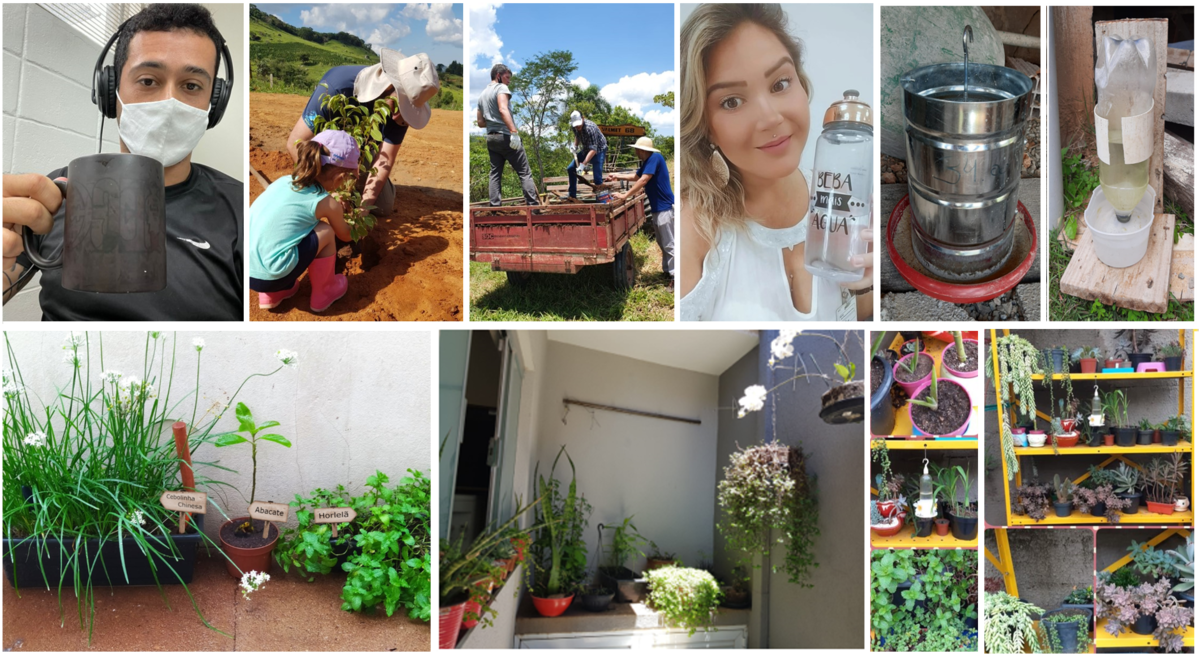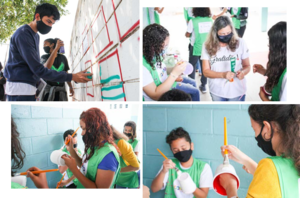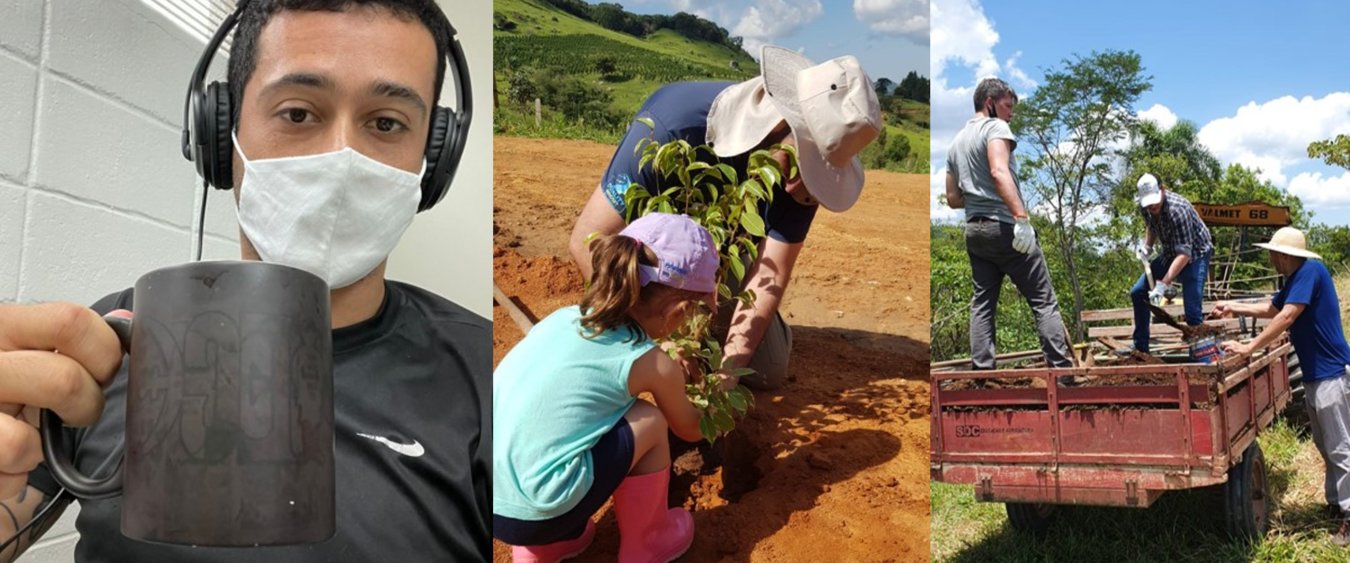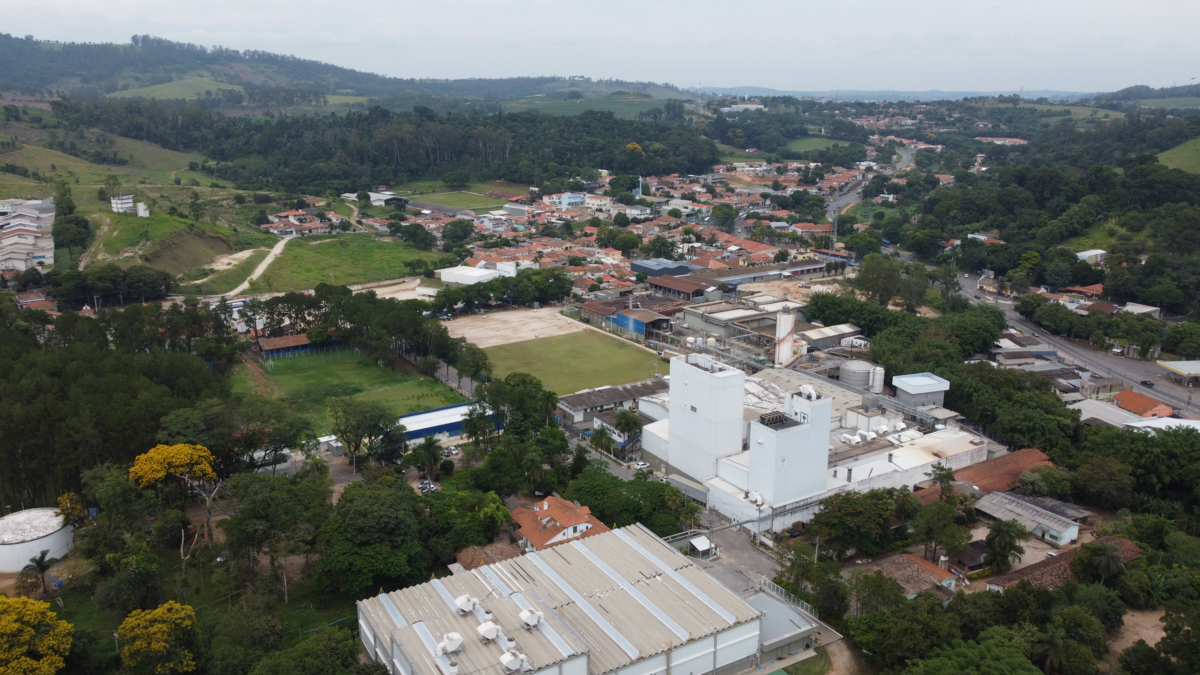The Sustainability Week was conceived in 2019, but delayed until October 2021 due to the Covid-19 pandemic. Its goal is to highlight different sustainability projects colleagues have been involved in, while also inspiring school students to take environmental action.
Connecting through environmental actions
Connection – ‘Conexao’ in Portuguese – was the theme of the event. For five days, 18 volunteers presented the results of the year’s sustainability activities. They focused on two themes: ‘quality education’ and ‘reduced inequalities’. Over 50 of our colleagues joined the online launch meeting. Each volunteer highlighted a specific area of environmental action, such as:
Planting trees on a farm
Reducing the use of disposable cups
Working for the forest
Helping farmers plant native trees
Volunteering in a park
Maintaining a garden

Connecting students to art through recycling

One of the week’s programs centered on educating school students on the importance of recycling and creativity: ‘Conexao com a Arte’, or ‘Connection to Art’. The project offered students a fresh approach to art, a personal development boost, new insights into sustainability, as well as creative ways to generate income.
We also involved external participants. A sustainability expert shared insight into waste and its impact. A correspondent linked the different principals of the selected schools. ‘Coleta seletiva’, an organization that collects and recycles solid waste (paper, plastic), also joined the event.
Donating food and children’s books
One of the goals of Rousselot Brazil’s Sustainability Week was to donate to children’s charities. We focused on two donations: food for a children’s association; and children’s books for a library in Guinea-Bissau.
Changing the world one project at a time
In 2022, we hope to see more volunteers and more individual sustainability initiatives. Through events like these, Rousselot Brazil is on track to meeting its goal of engaging in at least one project every year that aligns with the United Nations’ SDGs. Whether we connect with environmental, social, or governance issues, the Brazil initiative shows that we can keep improving together.

